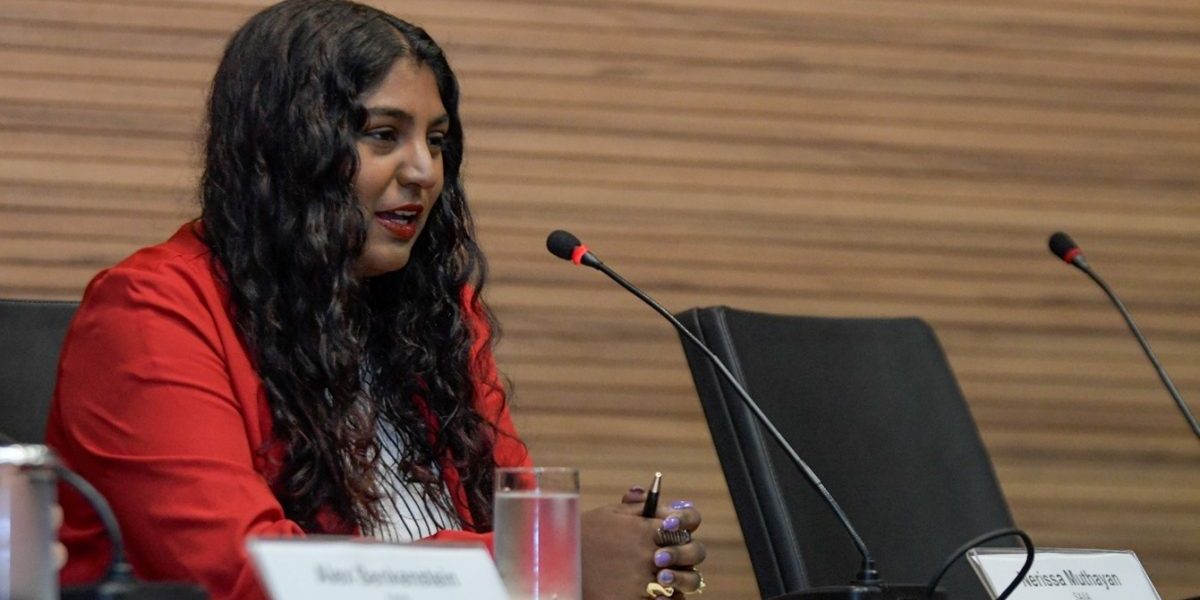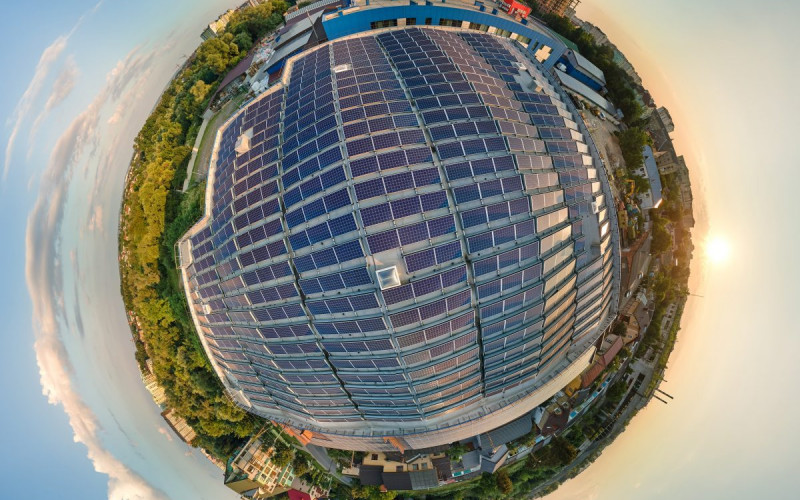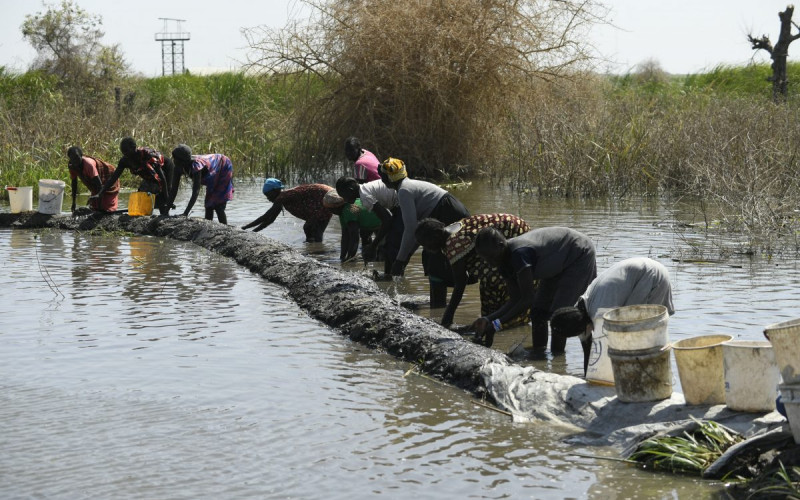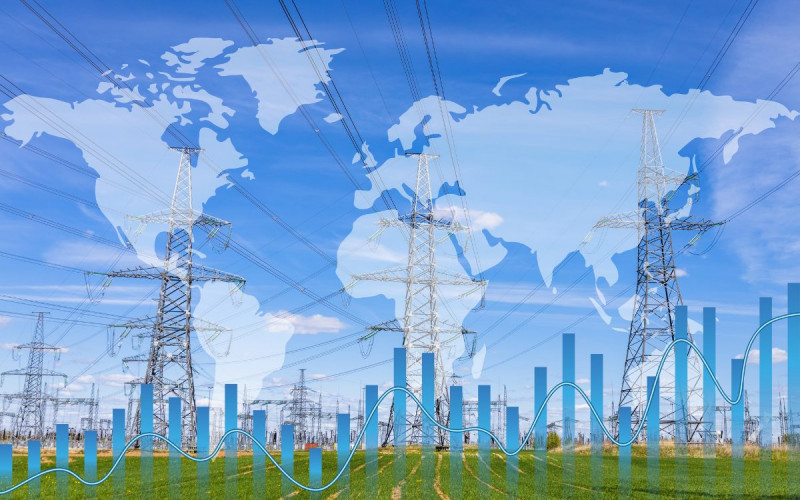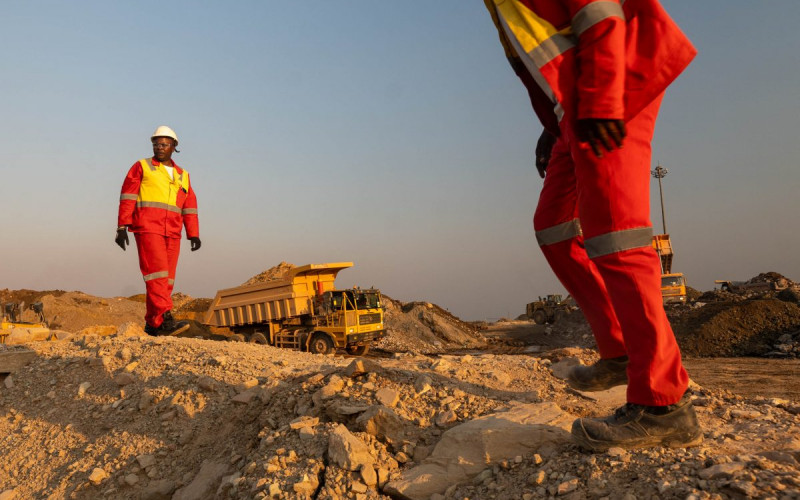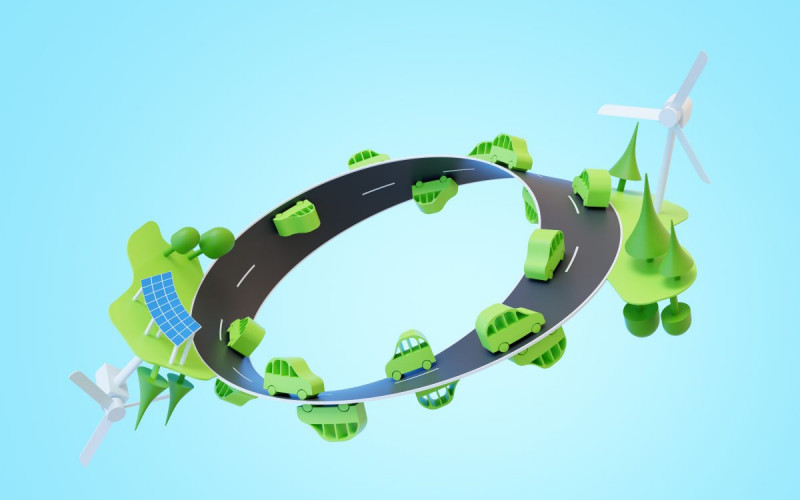During her fellowship, Nerissa conducted research in Brasilia, Rio de Janeiro, and São Paulo on green technology and nature-based solutions in the context of Brazil’s green transition. In this Q&A, she shares some insights from her experiences in Brazil.
How did you find yourself in Brazil?
One of the reasons I was initially drawn to apply for this research fellowship at SAIIA was that it included a visiting research fellowship at a Brazilian partner organisation. I was excited by the chance to conduct research in Brazil on climate change, specifically on the energy transition, which is crucial to achieving a more sustainable future. The fellowship also aligned closely with my research interests in Global South cooperation, climate change, and BRICS.
Tell us about the Fellowship and the broader project which it forms part of.
The fellowship is part of the BRICS and the project Just Transition: Partnerships Between Brazil and South Africa. The project is funded by the South African BRICS Think Tank, which is hosted by the National Institute for the Humanities and Social Sciences. The project aims to contribute towards shaping a Global South economic cooperation agenda that supports green growth, development and a just transition in targeted countries and in global economic governance forums. As part of the fellowship, I contribute to various research outputs, assist in the coordination of project events, and curate a quarterly newsletter. For the past three months, I’ve undertaken a transformative research fellowship in Brazil, and I am deeply grateful to Ipea for this incredible opportunity.
What has been your experience of Brazil? Were there any surprises?
My experience in Brazil has been incredibly insightful and rewarding on both a personal and professional level. During the fellowship, I immersed myself in Brazil’s rich and vibrant culture, recognizing its significant role in shaping the country’s foreign policy through its contribution to its international image, influence, and diplomatic objectives. Brazil’s cultural diversity and rich history shape its commitment to South-South cooperation, driving its emphasis on solidarity and mutual respect as well as its efforts to address shared challenges and promote development and cooperation across the Global South and beyond. My trip also coincided with the commencement of Brazil’s G20 presidency, following India’s G20 presidency in 2023. Next year, South Africa will be hosting the G20 presidency. These three presidencies are a crucial moment in international relations, where Global South issues have a unique opportunity to drive the international agenda, bringing to the forefront issues that have been historically placed on the backburner by global governance institutions such as the G20. I think that Brazil has truly seized this opportunity through its focus on combating hunger, poverty, and inequality; advancing the three dimensions of sustainable development (economic, social, and environmental); and reforming global governance.
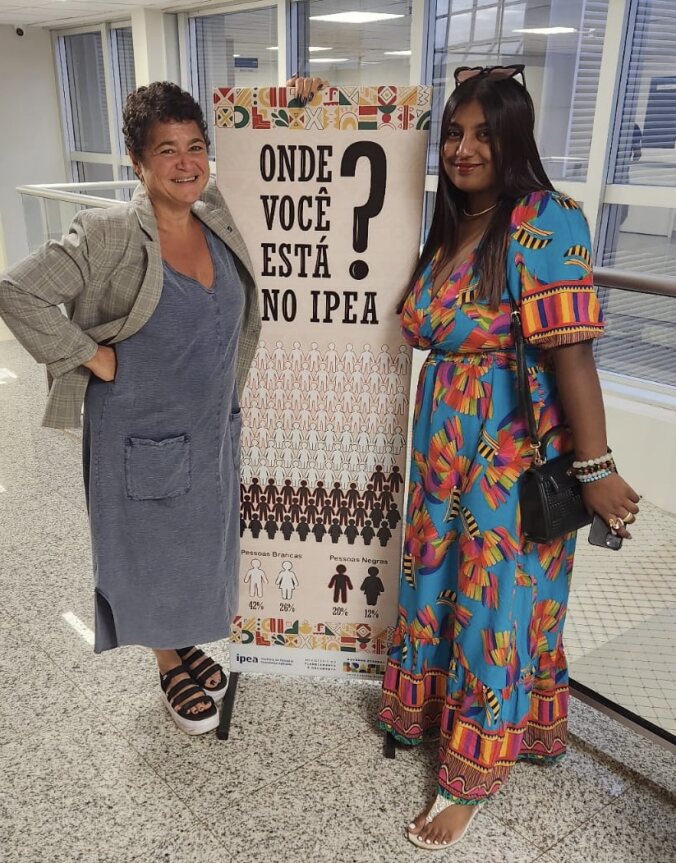
What are some key similarities and differences in the climate and just transition debates in Brazil and South Africa?
In terms of similarities, both Brazil and South Africa face significant social inequality. A just transition must address these inequalities, ensuring that vulnerable workers and marginalised communities are not disproportionally affected by these economic changes. Both Brazil and South Africa rely on agricultural exports, which means that regulatory shifts related to greenhouse gas emissions could impact the competitiveness of these exports or hamper access to important international markets.
In terms of differences, a key concern for Brazil is emissions from deforestation in the Amazon, which is, of course, not a priority issue within South Africa. Brazil has a diverse energy matrix, with around 83% of its electricity being generated by renewable energy sources (primarily hydro). Brazil is also a significant oil producer and is the world’s second-largest producer of biofuels. Despite its strong potential for renewable energy, South Africa remains primarily dependent on coal for its energy generation. This dependency has led to the country experiencing rolling blackouts commonly known as ‘loadshedding’ since 2007, making its energy transition increasingly needed but also increasingly difficult.
What possible insights/lessons can South Africa learn from Brazil?
There are many lessons South Africa can learn from Brazil’s energy transition, particularly in relation to its energy diversification, promotion of biofuels, and integration of climate change considerations into national policies. There is also potential for Brazil to learn from South Africa’s inclusive, participatory and consultative processes, as well as South Africa’s strong focus on the justice component in its just energy transition. Furthermore, there are many areas related to the energy transition and sustainability in which Brazil and South Africa can deepen their cooperation, such as research and development, capacity building, and international advocacy.
Take us through the next steps for you and the project.
I am excited to be back in South Africa to complete the rest of my fellowship at SAIIA. I plan to utilise the insights and findings from my Brazil trip to enrich my policy output contributions, particularly in the form of a journal article and book chapter for the project. I also look forward to completing my Masters in e-Science (Data Science) this year.
Find out more about the project: BRICS and the Just Transition: Partnerships between South Africa and Brazil.

